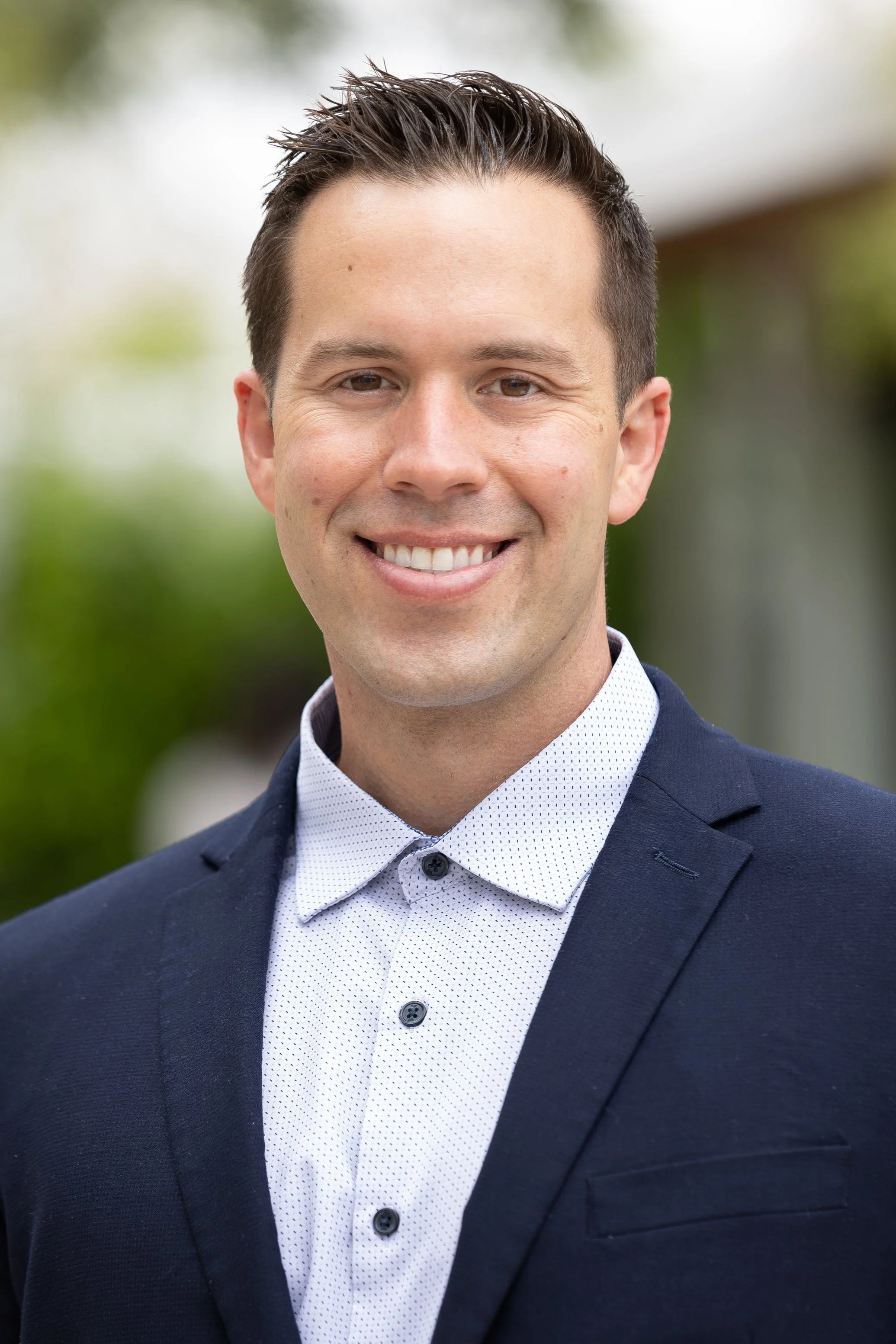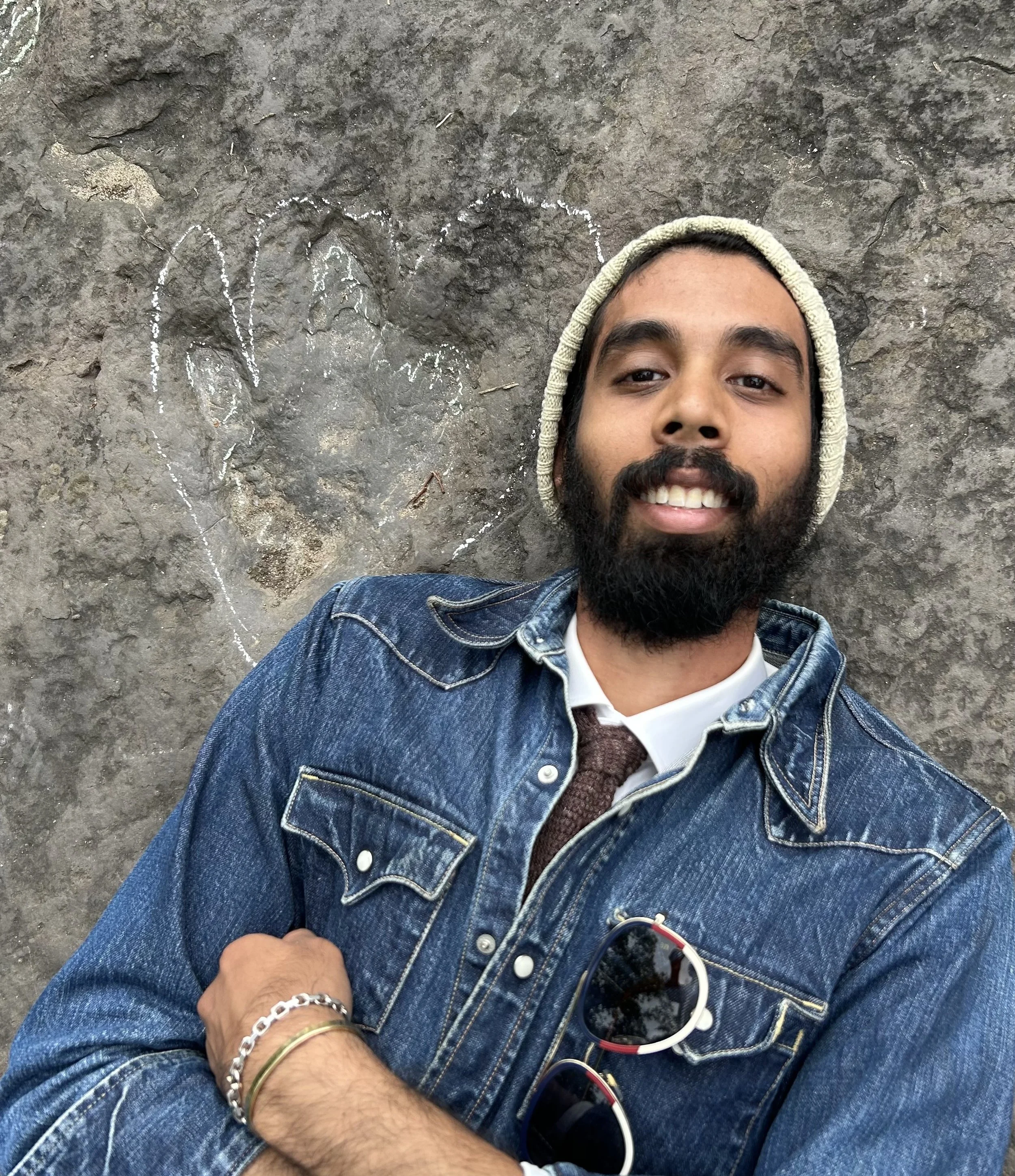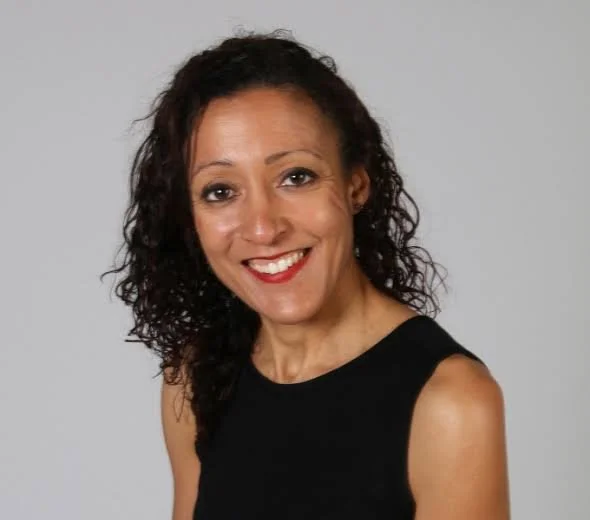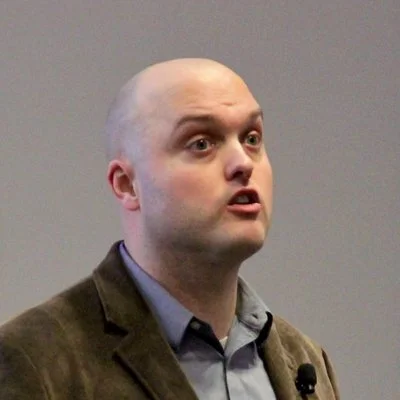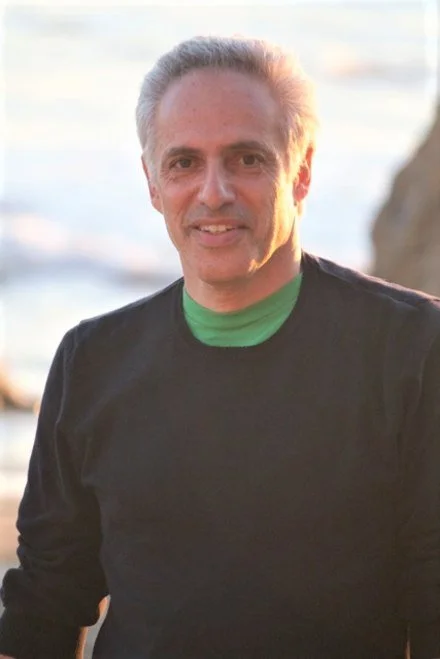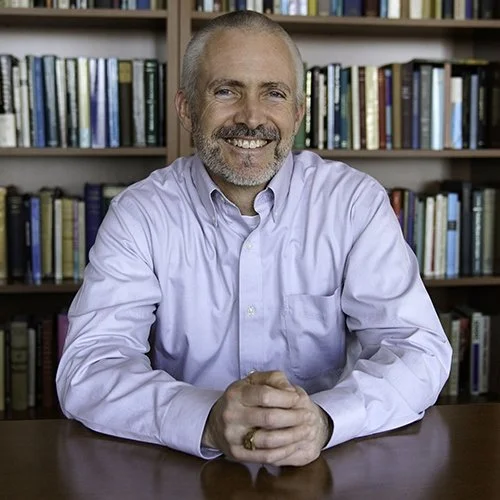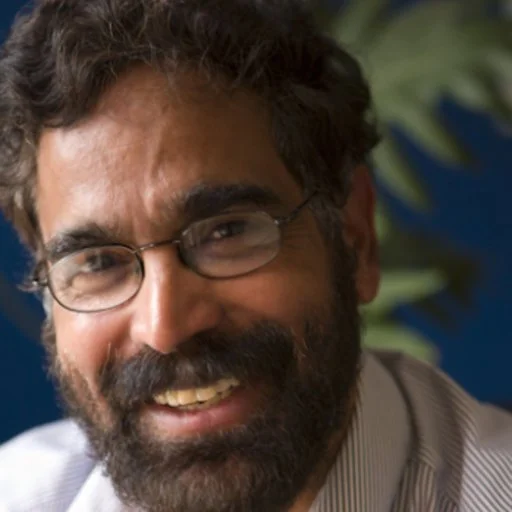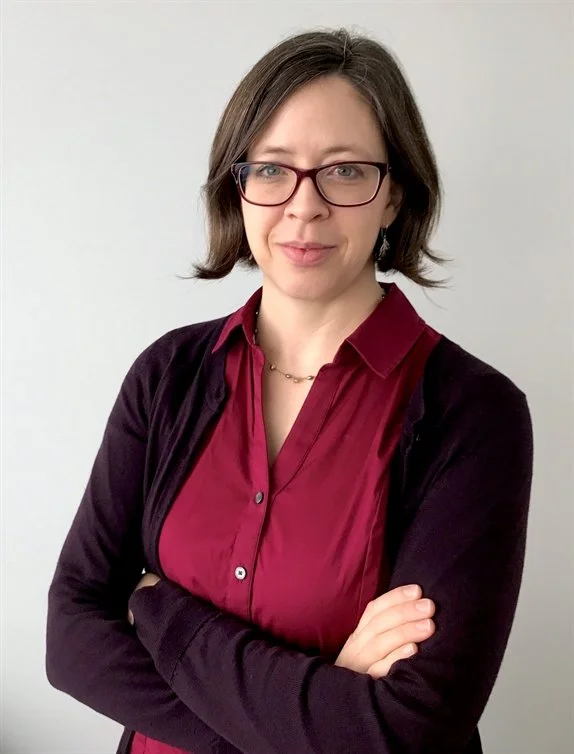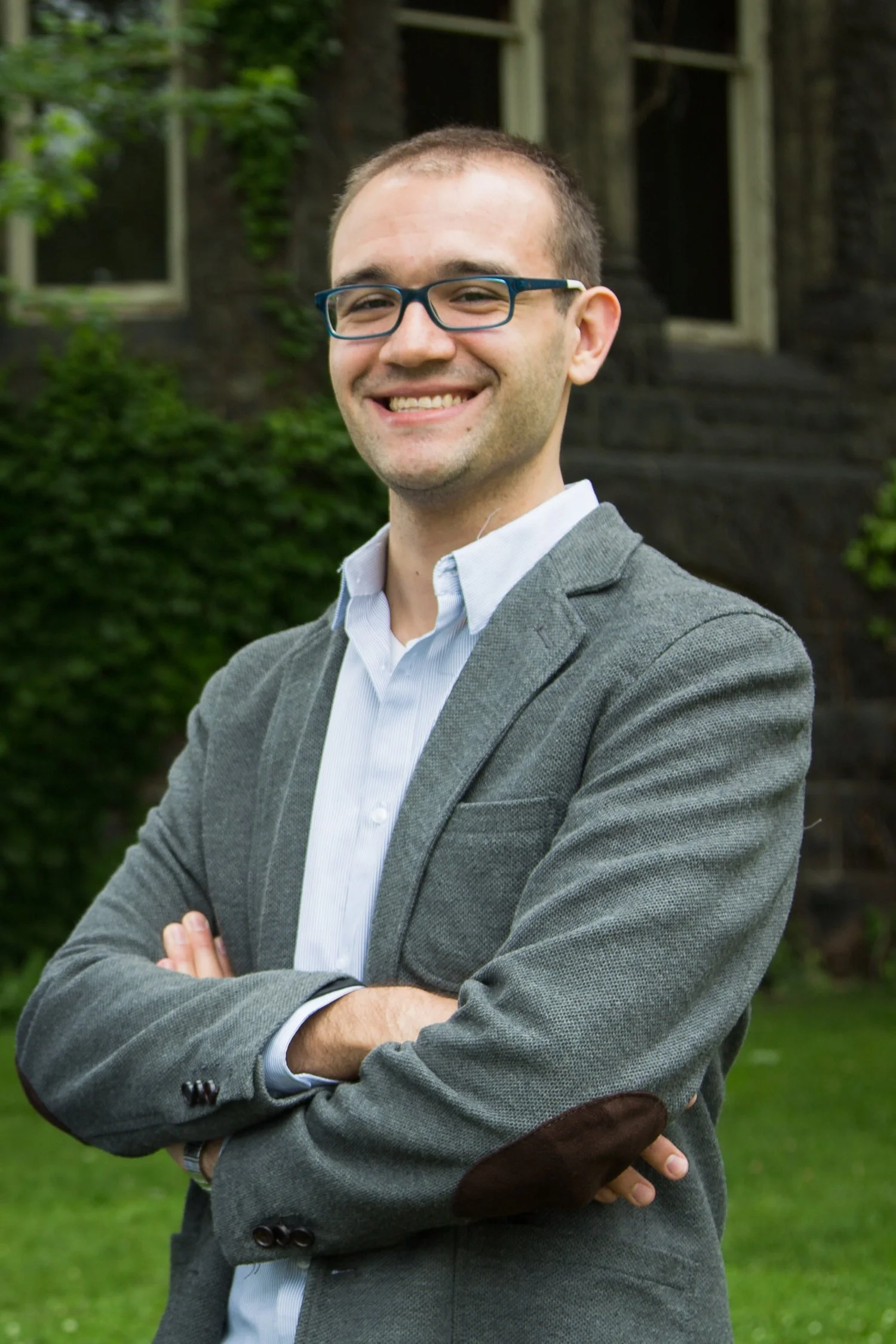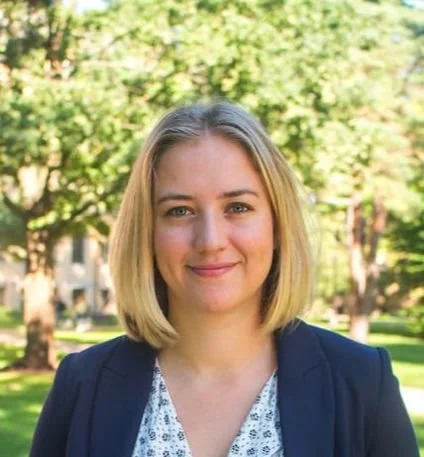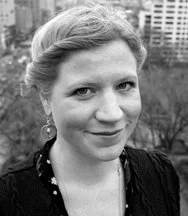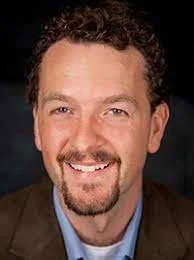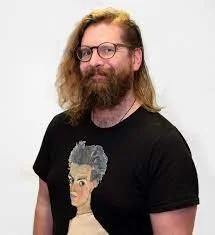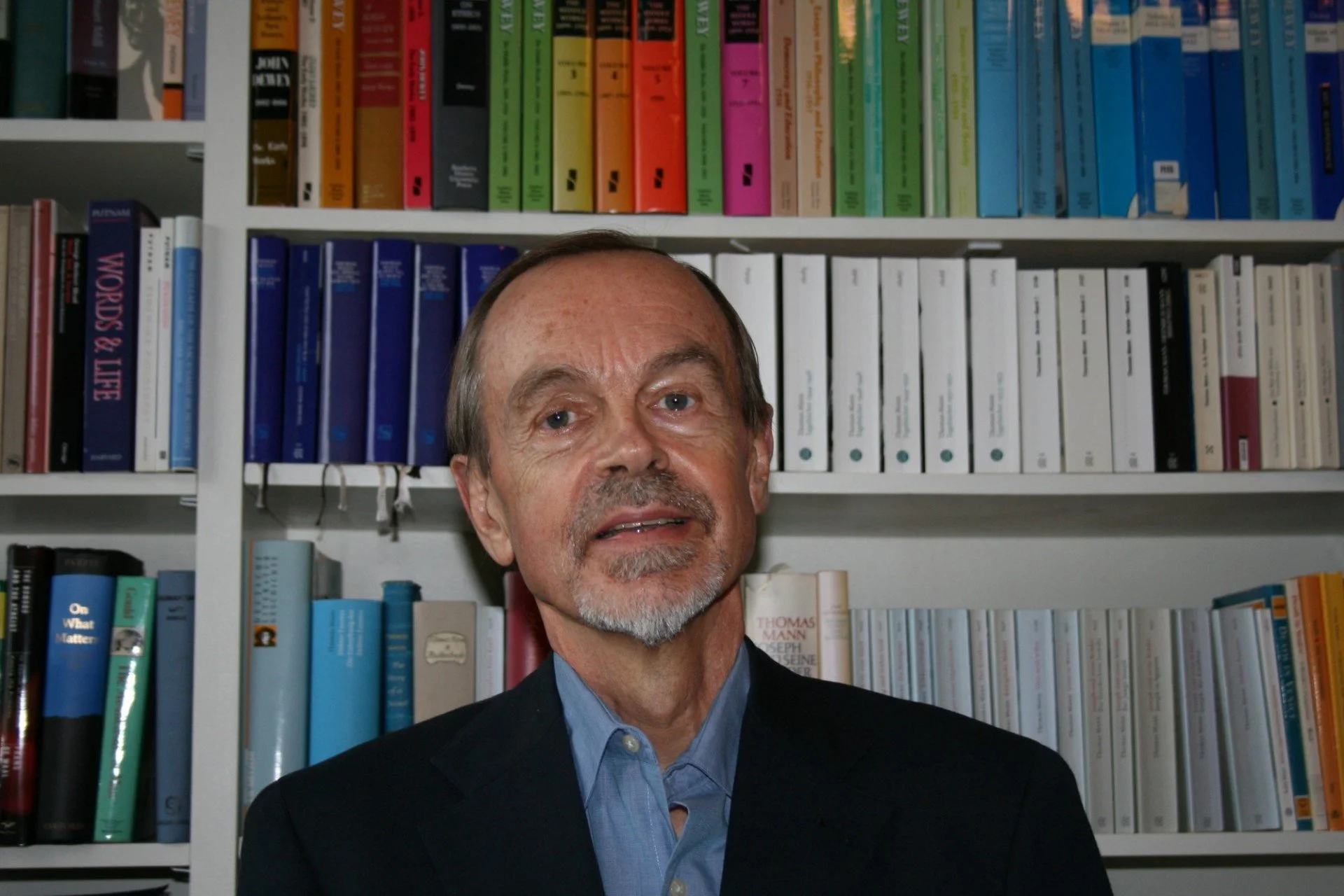On Episode 101, Nick chats with David Thorstad, Assistant Professor of Philosophy at Vanderbilt University, about his research at the intersection between bounded rationality and inquiry that addresses what rationality requires of bounded agents with limited cognitive abilities, normative and descriptive challenges to longtermism, the ethical view that we should give significant moral weight to positively impacting the future, and his new book, Inquiry Under Bounds, which takes as its starting point a five-point bounded rationality program inspired by recent work in cognitive science.
Read MoreIn this special 100th episode, guest host Katie Plaisance interviews Nick Zautra, the host and producer of the SCI PHI Podcast, as he reflects on the journey of the podcast and insights gained from interviewing 99 philosophers of science. Nick shares his personal story—from his childhood interests to the spark that ignited his creativity and passion for combining both philosophy and science. Nick delves into what he’s learned about what it means to do good philosophy of science, exploring the methodologies and approaches that define the discipline today. Nick also reveals insightful patterns he's observed within the scientific community, personal and professional challenges faced by researchers, the human element of science, and what he envisions for the future.
Timestamps:
(0:00) - Introduction with Dr. Katie Plaisance (Guest Host)
(1:18) - Nick’s early life and interest in science
(3:39) - Educational background and career decisions: neuroscience, philosophy, and comedy writing
(7:11) - Research with animal models and first experience with a philosopher of science
(9:21) - Origin story of the SCI PHI Podcast
(12:21) - Patterns and insights gathered after interviewing 99 philosophers of science
(19:24) - Personal challenges and successes of philosophers of science
(26:20) - The human element in science and why it’s so important
(33:06) - Biggest surprises regarding the background and impact of philosophers of science
(38:29) - Nick’s take on the two greatest challenges facing philosophy of science today
(44:24) - Katie’s elevator pitch for “what is philosophy of science?”
(47:18) - Are there certain types of scientists who seem to “get” philosophy of science?
(51:23) - Missed opportunities for collaboration resulting from the “PR problem”
(56:04) - How the podcast has shaped Nick’s research and collaborations
(1:01:37) - Toward philosophy with science
(1:03:34) - Looking back: what Nick would have done differently
(1:06:24) - Looking back: what Nick envisions for the future
Read MoreOn Episode 99, Nick chats with Katie Plaisance, Professor in the Department of Knowledge Integration at the University of Waterloo, about her research understanding and developing best practices for collaborating and engaging with scientists, engineers, policy-makers, and a wide range of publics to foster epistemically and ethically responsible scientific research.
Read MoreOn Episode 98, Nick chats with Ali Mirza, Fellow and Visiting Lecturer at the Center of Humanistic Inquiry and Department of History at Amherst College, about his interdisciplinary work in the field of Ichnology, the study of how our actions (as animals) affect the future structure of the Earth, in which he challenges our standard accounts of how science functions.
Read MoreOn Episode 97, Nick chats with Mazviita Chirimuuta, Senior Lecturer in Philosophy at the University of Edinburgh, about her new book, The Brain Abstracted: Simplification in the History and Philosophy of Neuroscience, in which she argues that due to the brain's complexity, neuroscientific theories have only captured partial truths and that “neurophilosophy” is unlikely to be achieved. Rather than seeking to reform neuroscience or offer neuroscientists advice, Mazviita offers a new framework for interpreting the philosophical significance of present-day neuroscience research, and draws important lessons for debates over explanations of consciousness and the mind-body problem.
Timestamps:
(0:00) - Introduction
(2:20) - Life in Edinburgh, festivals and teaching
(4:56) - Upcoming new project, collaborating with scientists
(8:22) - Life growing up, Mazviita’s background and getting into philosophy
(16:29) - Mazviita’s decision to pursue philosophy professionally
(18:30) - The shift to the sciences
(21:10) - How Mazviita coupled the sciences with philosophical interest
(25:26) - Philosophical questioning of color
(28:05) - Transitioning to a career in philosophy
(35:07) - Writing in history and philosophy of neuroscience, challenges of turning research into a book
(39:34) - Mazviita’s new book, ‘The brain abstracted’, criticizing ideas from abstractions and idealizations
(42:19) - Idealizations in the field of philosophy of neuroscience
(46:55) - “Normative” lessons for neuroscience?
(51:30) - The reception of the book
(54:00) - The greatest challenge facing philosophy of science today
Read MoreOn Episode 96, Nick chats with Charles Pence, Chargé de cours at the Université catholique de Louvain in Brussels, about his work on the causal structure of natural selection, digital humanities and “taking the pulse” of what biologists are up to, and his book, The Rise of Chance in Evolutionary Theory, which takes a historical look at the development of evolutionary theory and its extensive reliance on a wide array of concepts of chance.
Timestamps:
(0:00) - Introduction
(1:53) - Life in Brussels and at Université catholique de Louvain
(8:51) - Charles’s life growing up and getting into philosophy
(17:30) - The shift from the sciences to philosophy
(21:01) - How Charles transitioned from philosophy of physics to philosophy of biology
(25:27) - The importance of the history and philosophy of science
(29:29) - What were the main projects driving Charles towards philosophy of biology
(35:23) - What of Charles’s current works are best representative of him and his thinking
(39:26) - Side projects including digital humanities and gene regulation
(49:14) - The greatest challenge that philosophy of science faces today
Read MoreOn Episode 95, Nick chats with Sam Fellowes, Senior Lecturer at Lancaster University, about drawing on his own experience being diagnosed with autism at the age of 24 to motivate his research into methodological issues in psychiatric diagnoses, the challenge of establishing accuracy with self-diagnosis in psychiatry, psychiatric diagnoses as models, neurodiversity, the importance of including what he terms “experts-by-experience” in psychiatric research, and his upcoming book, “In Defense of Psychiatric Diagnoses.”
Timestamps:
(0:00) - Introduction
(1:56) - Sam’s new book
(8:34) - Sam’s life growing up, his background and early interests
(14:56) - Sam’s introduction to philosophy
(22:43) - Sam’s Dissertation
(30:57) - Generalizations of autism in diagnoses
(38:23) - Sam’s advice for thinking about autism
(45:10) - Sam’s new work in philosophy of psychiatry, including “expert-by-experience”
(51:47) - Philosophically and epistemology examining self-diagnoses in both autism and substance abuse
(1:10:53) - The greatest challenge that philosophy of science faces today
(1:17:05) - Sam’s YouTube and potential future podcast
Read MoreOn Episode 94, Nick chats with UCLA chemist and authority on the history and philosophy of the periodic table Eric Scerri, about the reduction of chemistry to quantum mechanics, the philosophical nature of the periodic table, and recent developments in quantum chemistry.
Timestamps:
(0:00) - Introduction
(2:03) - Welcoming Eric and recent life at UCLA
(4:33) - Eric’s life growing up and early interests
(13:13) - Eric’s journey through school into philosophy of science
(25:55) - Proudest works and moving into professional philosophy
(30:05) - The journey into the chemistry department at UCLA, philosophy of chemistry as a discipline
(38:18) - Eric’s involvement in film and TV
(39:37) - Current projects
(44:35) - Advice for people considering chemistry and philosophy
(45:33) - The greatest challenge that philosophy of science faces today
(49:59) - Recent developments in quantum chemistry
Read MoreOn Episode 93, Nick chats with Alan Love, Distinguished McKnight University Professor of Philosophy and Winton Chair in the Liberal Arts at the University of Minnesota, as well as Director of the Minnesota Center for Philosophy of Science, about assembling philosopher, theoretician, and experimentalist research teams for the $14M Templeton Foundation grant project, "Agency, Directionality, and Function,” his work in evolutionary developmental biology, the forthcoming release of new perspectives on the Human Genome Project, and organizing the upcoming conference, “Philosophy of Science: Past, Present, and Future.”
Timestamps:
(0:00) - Introduction
(2:30) - Alan’s life in Minnesota and current projects
(10:50) - Upcoming conference in October : Philosophy of Science: Past, Present, and Future
(17:20) - Alan’s life growing up in San Diego
(21:33) - Early philosophical questions
(23:15) - University life
(27:42) - Starting to consider philosophy as a profession
(32:10) - Formal Master’s degree vs. lab time
(34:20) - Favorite research projects over the years
(37:55) - Side interests (philosophical methodology)
(42:41) - The relationship between philosophical methodology and philosophy of science
(45:20) - Upcoming projects that Alan is currently most excited about
(47:00) - Collaborating with scientists
(52:00) - Upcoming release of projects (Human genome project)
(55:11) - The greatest challenge that philosophy of science faces today, and ways to move forward
Read MoreOn Episode 92, Nick chats with Prasanta Bandyopadhyay, Professor at Montana State University, about his work developing a Bayesian account of scientific methodology, in which he applies statistical/probabilistic notions to a long-standing conundrum of methodological issues in the sciences.
Timestamps:
(0:00) - Introduction
(1:45) - Prasanta Bandyopadhyay and life in Montana
(6:10) - Prasanta’s background, upbringing, and family
(10:00) - Early interests and early school years
(15:44) - Journeying into philosophy in India
(23:57) - Getting into professional training in philosophy and moving to the UK
(32:20) - The big questions that Prasanta is attempting to address/clarify/resolve
(37:55) - Theory of acceptance in Prasanta’s dissertation
(39:26) - Prasanta’s approach to collaboration with researchers and statisticians
(44:07) - Prasanta’s main works and book
(46:15) - Current projects
(51:34) - Applying philosophy to the real world
(55:18) - The greatest challenge that philosophy of science faces today
Read MoreOn Episode 91, Nick chats with Holly Andersen, Associate Professor at Simon Frasier University, about her cutting edge work on causation: including her research on causal explanations and causal modeling in the biomedical sciences, pattern recognition, causal questions in sports analysis, and problems related to mental causation and to the connections between action and causation.
Timestamps:
(0:00) - Introduction - We’re back!
(2:36) - Holly Andersen and life in Vancouver
(5:05) - Reflections on the 2022 PSA Meeting and upcoming 2024 meeting
(9:06) - Holly’s background and upbringing in Montana
(15:14) - Holly’s academic journey pre-philosophy of science
(23:26) - Challenges in graduate school at Pitt
(27:47) - The big questions that Holly is attempting to address/clarify/resolve
(33:16) - The work that Holly is proudest of
(39:04) - What is the future of causation in philosophy
(43:11) - Causation within Holly’s upcoming work
(48:45) - Link with causation and dynamical systems
(50:03) - Upcoming book on causation
(51:43) - Side interests (science fiction and history)
(57:25) - The greatest challenge that philosophy of science faces today
Read MoreOn Episode 90, Nick chats with Jonathan Fuller, Assistant Professor in History and Philosophy of Science at the University of Pittsburgh, about his experience as both a clinician and a philosopher in an MD/PhD training program, philosophy in medicine, and his upcoming book The New Modern Medicine that analyzes distinctive problems in scientific medicine around the turn of the twenty-first century.
Read MoreOn Episode 89, Nick chats with Jamee Elder, Postdoctoral Fellow at the Black Hole Initiative (BHI) at Harvard University, about the methodology and epistemology of large astrophysical experiments, especially those—including LIGO-Virgo and the EHT—that involve "observing" black holes.
Read MoreOn Episode 88, Nick chats with Eleanor Knox, Reader in Philosophy of Physics at King's College London, about her view she calls Spacetime Functionalism, which she thinks solves problems in classical theories as well as dealing with the challenges to standard accounts raised by emergent spacetime structure in theories of quantum gravity.
Read MoreOn Episode 87, Nick chats with Cameron Buckner, Associate Professor of Philosophy at the University of Houston, about his work in the philosophy of deep neural networks, a type of machine learning that is currently the most widespread and successful technology in artificial intelligence.
Read MoreOn Episode 86, Nick chats with Sarah Robins, Associate Professor of Philosophy at the University of Kansas, about her work on the concept of the memory trace, or engram, and the role it plays in both everyday and scientific thinking about remembering.
Read MoreOn Episode 85, Nick chats with Manuela Fernández Pinto, Associate Professor in the Department of Philosophy and the Center for Applied Ethics at Universidad de los Andes (Bogotá, Colombia), about her work in agnotology—the study of ignorance—and the epistemic and social consequences of commercially-driven scientific research.
Read MoreOn Episode 84 Nick chats with Adrian Currie, Senior Lecturer in the Department of Sociology, Philosophy, and Anthropology at Exeter, about his research on the 'historical' sciences: paleontology, archaeology, geology and so forth, and how both philosophers and methodologically reflective scientists have underestimated the epistemic resources available for uncovering the deep past.
Read MoreOn Episode 83, Nick chats with Sarah Arnaud, Postdoctoral Associate at the Rotman Institute of Philosophy at Western University, about how first person perspectives can provide important and necessary knowledge in psychiatry.
Read MoreOn Episode 82, Nick chats with Philip Kitcher, the John Dewey Professor Emeritus of philosophy at Columbia University, about the the ways in which science interfaces with the world, the new demarcation problem, and scientific progress.
Read More
